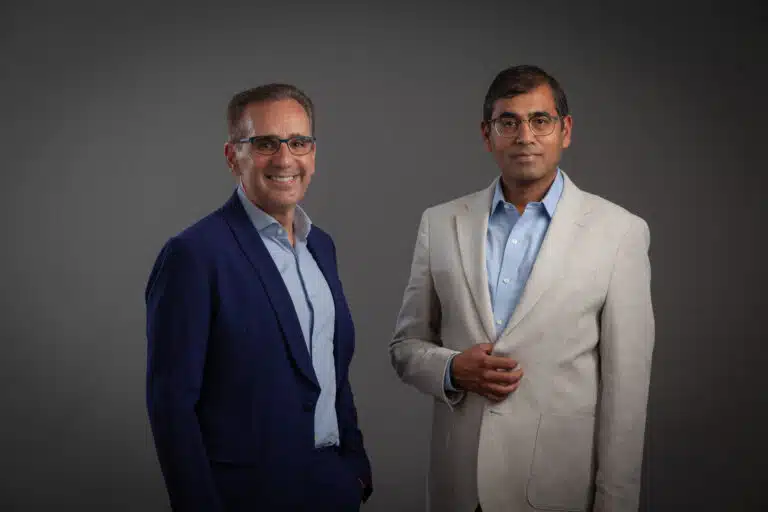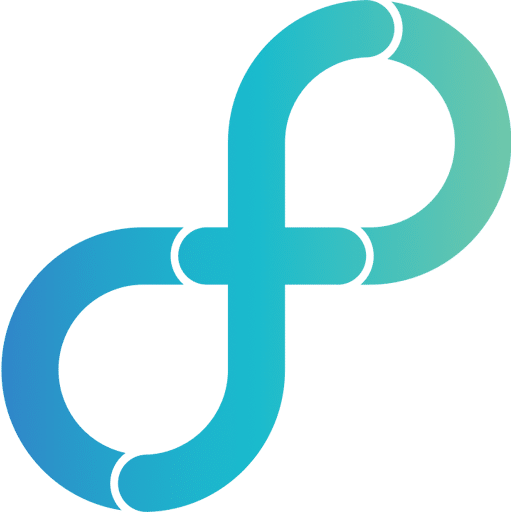Career-management strategies are evolving with technology.
AI-based talent intelligence tools are tearing down the silos in which HR teams, hiring managers, and employees operate to manage careers so organizations can build a more integrated approach to talent management. This enables stakeholders to stay aligned throughout the employee lifecycle, explains Louis Carter, founder and CEO at Best Practice Institute.
Organizations are facilitating that integration by using talent intelligence technology to map careers, improve learning programs, consumerize employees’ HR experiences, hire more proactively, and manage talent lifecycles.
AI empowers companies to take a lifecycle approach to career management
Employees are looking to their future with a company before they even accept a job offer. They are no longer focused solely on the position at hand, but are thinking ahead to the next roles they may occupy as they advance in their careers. And they want to know what an organization can offer them in terms of learning and development to help them achieve their goals.
“Today’s employees know their value and their expectations are changing,” writes Riia O’Donnell at HR Dive. “They’re looking for organizations that invest in their growth.”
Candidates want a career map before they accept a job offer
Talent intelligence tools give employers the ability to present a lifecycle approach to managing employee careers, which is what employees now expect from the companies they choose to work for. In fact, according to data from workspace software provider Citrix, 88 percent of employees indicate they consider a company’s technological strength in enabling agile learning an important factor when searching for a new job.
AI-based talent intelligence tools help HR teams demonstrate their commitment to career management. They give talent management teams the ability to map employee careers within the company based on data from resumes and historical data about skills needed in certain roles.
By harnessing the power of AI, HR is able to outline the skills needed for a variety of positions along an employee’s projected career path. With talent intelligence tools, this can all be done before a candidate is hired, so they can see their future before they accept an offer. This will not only help entice people to join the company but also encourage them to stay.
Talent Intelligence tools makes learning easier for employees
Employees expect companies to help them along their career paths by providing them with learning and development programs. Navigating training programs, especially in large companies that have an abundance of offerings, can be overwhelming for employees.
By analyzing the data on skills needed for certain positions and identifying the training programs that correspond to developing those skills, AI-powered tools make it easier for employees to find the courses they need to advance their careers.
AI automates the learning process, explains Roman Zhidkov, cloud architect at software engineering company DDI Development. “With AI, you can build a learning platform where all data, programs, materials, schedules based on individual learner’s experience, preferences, and objectives are stored, tracked, and delivered,” he writes.

AI facilitates a more holistic approach to career management
The walls between different areas of talent management, from hiring to learning and development, are crumbling. Rahul Dhatariya, senior director of global HR technology at Tata Communications, explains that talent intelligence technology is enabling organizations to take a more “holistic approach” to talent management. With AI-based tools, HR is consumerizing human resources for better employee experiences and optimizing workforce planning.
Building consumer-based user experiences of talent management systems
The consumerization of HR is a trend that organizations cannot afford to ignore. Employees are demanding more control of their careers and are seeking out organizations that encourage and support them. Talent intelligence tools make it possible for HR to build integrated talent management platforms which create consumer-based user experiences that connect the dots in talent management for employees.
As María Manso García, discipline leader of advanced analytics and data governance for HR at BBVA, explains, an AI-based technology solution that integrates all the areas of talent management “generates a great user experience” to help employees “make the best decisions about their professional career.”
With AI-based integrated talent management tools, HR can create employee profiles that allow workers to see:
- what jobs match their profiles.
- which projects in the company need those positions.
- what their skills gaps are for those jobs.
- which courses they need to fill those gaps.
Proactive hiring with talent intelligence tools
Workforce planning is another key element of talent management that is being automated and improved with AI. The technology is enabling companies to move from a reactive hiring model to a proactive one.
This means that instead of HR posting a job opening for which talent acquisition teams must source talent and then proceed through the hiring process, hiring teams can post it and the intelligence platform returns a short list of candidates that can be sent to talent acquisition for consideration. This shortens the time to hire.
A more holistic approach also lets HR plan workforce needs ahead of time. AI-based tools that integrate talent management let managers view upcoming openings in the company and find high-quality talent matches. Then, once the job is open, talent acquisition can work from the short list to fill the position in anticipation of its vacancy.
This gives companies the ability to more quickly and effectively fill their talent pipelines. “AI lets you focus on the right candidates,” says Leslie Kurkjian Crowe, partner at Bain Capital Ventures. “It helps you hire faster and better.”

Data is the driver behind an integrated approach to career management
Data is the essential ingredient that makes the integrated approach to career management possible. With AI-based talent intelligence tools, data is collected at every step of the talent lifecycle which allows hiring managers and talent acquisition teams to take that holistic view of career management and make the best decisions possible.
For example, with the predictive analytics capabilities of AI tools, HR can anticipate attrition and retention rates. This helps them not only with workforce planning, but it can also help them build better training programs for employees that may give them the skills they need to stay satisfied in their roles.
“AI models can be trained to spot patterns that suggest when employees will decide to leave for another job,” writes Louis Columbus, principal at Dassault Systemes and contributing writer at VentureBeat. “HR teams can use the talent intelligence platform to identify when a top performer may be ready to leave and provide them with information about new roles within the company and networking contacts who can talk about the department and the role,” he explains.
AI also gives HR the ability to seek out talent that is future-ready to meet anticipated workforce needs. The data generates stories that help hiring teams identify the right person for the job based on how well their skills, experiences, and goals fit into the future needs of the company.
Technology also informs them on what future roles would fit an employee’s future goals. “Analytics is being used to uncover options for advancement and growth that are not defined by formal organization charts but instead emerge from the decentralized decisions of employees and hiring managers as they craft careers within the organization,” write Matthew Bidwell and Frederica De Stefano, associate professor of management at the Wharton School at the University of Pennsylvania, and assistant professor of management and human resources at HEC Paris, respectively.
The bottom line: AI helps HR hire and retain the right people.
Both parties benefit when the right person is hired for the right job the first time and companies invest in employees’ careers to keep them moving on their paths. Companies save time and money over the long term when employees stay and employees get the support they need to advance their careers and meet their long-term goals in their roles, organizations, and industries.
Looking ahead: The future role of AI in talent management
AI will continue to play a critical role in HR in talent management. It will be a key differentiator for employers as employees increasingly search for jobs that do more than just offer a paycheck. They want jobs that add value to their lives and align with their values and goals.
In fact, according to a workplace study by Blue Beyond Consulting and Future Workplace, only one in four people would accept a job where the company values do not align with their personal values.
This means if an employee has multiple offers to consider, they are likely to join a company that is employing AI to demonstrate to them their long-term employability, the company’s values as related to their own, and their contributions to the company. Technology gives companies the edge when competing for top-quality talent.
Employees are taking the lead when it comes to managing their careers. Employers can and should support this evolution to give employees more control over their futures. AI-backed talent intelligence tools empower companies to integrate all aspects of career management so employees are in the driver’s seat.
Images by: santiaga22/©123RF.com, flynt/©123RF.com, yavdat1/©123RF.com



